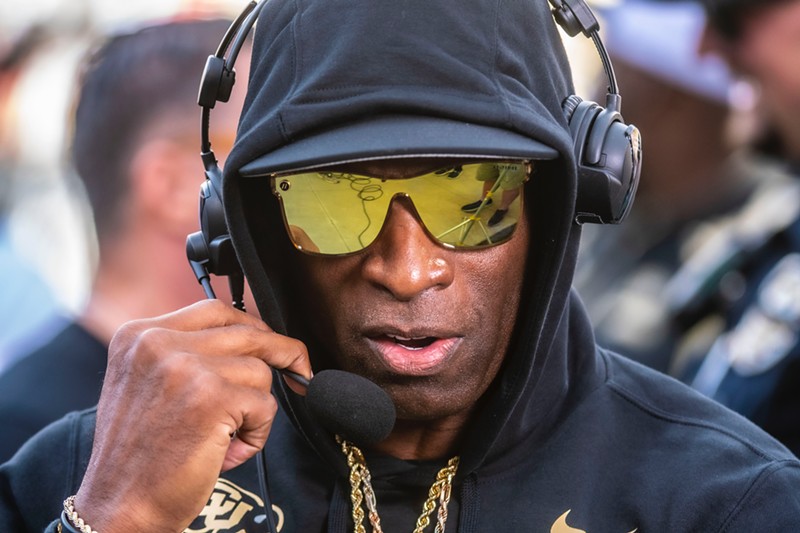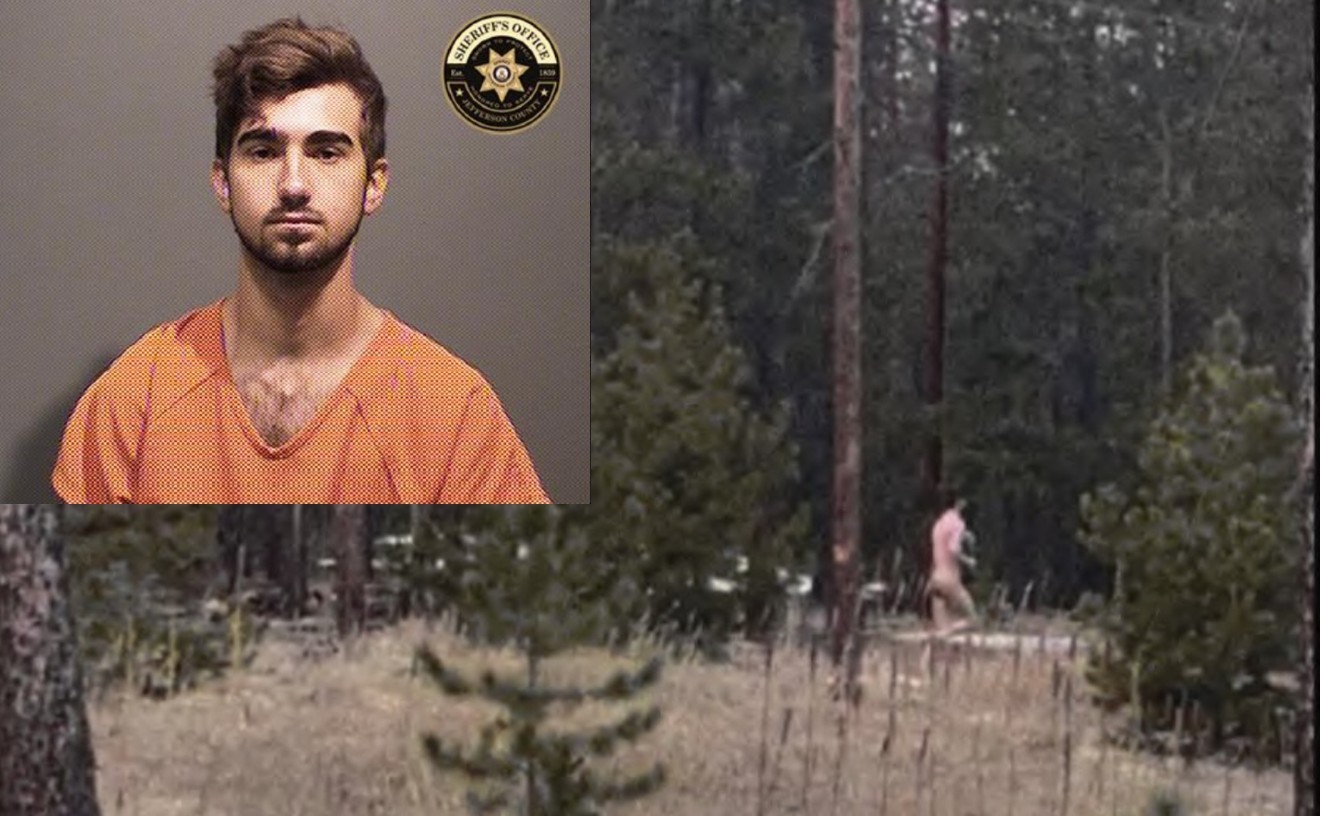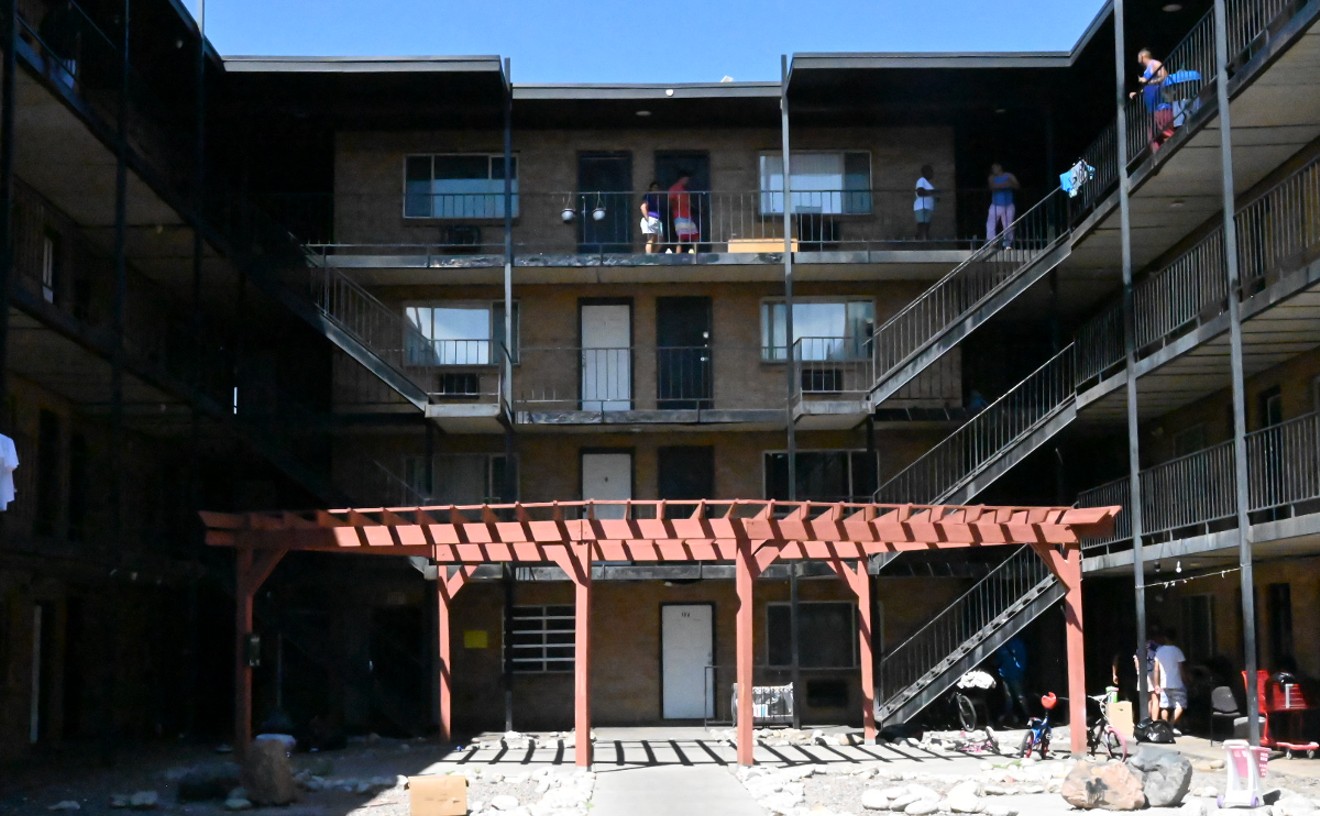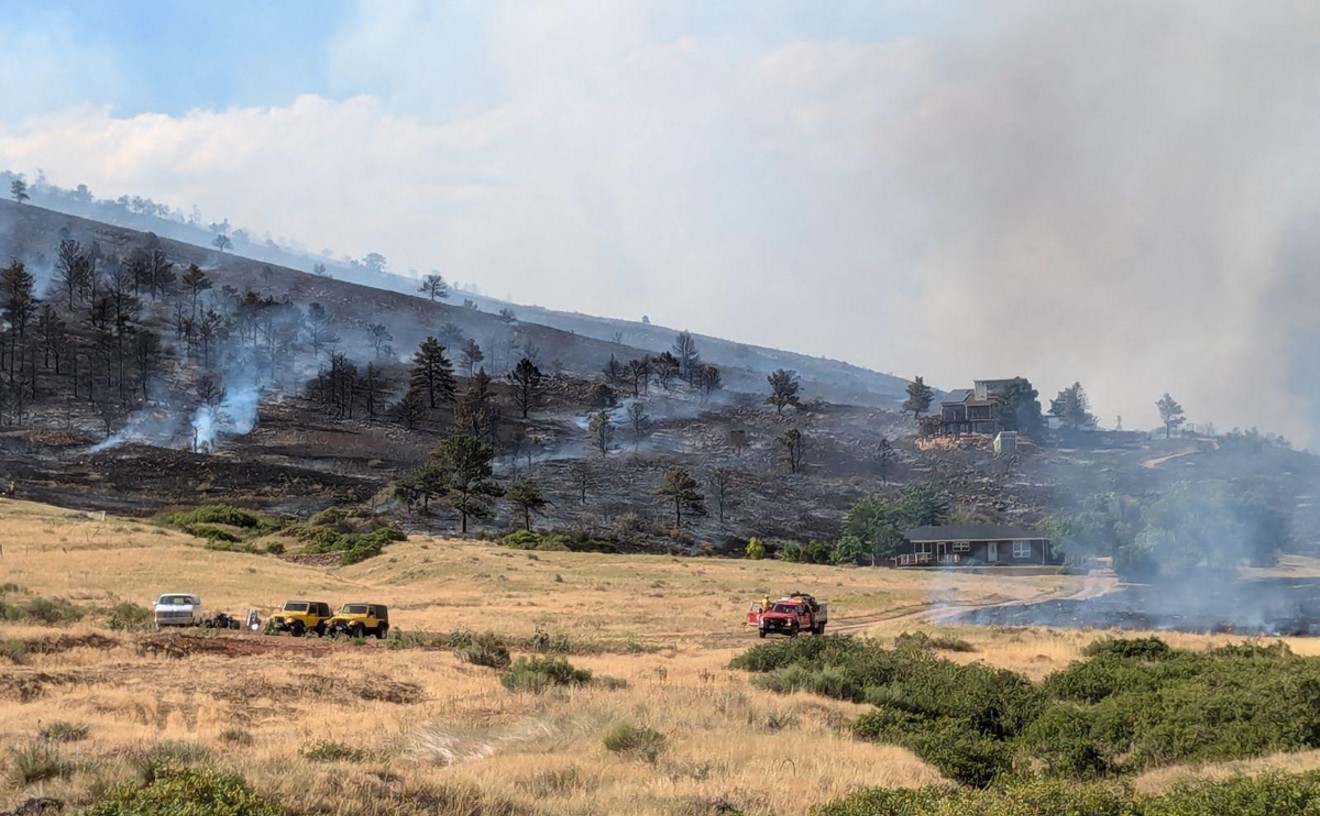As Deion Sanders gears up for his second season as head coach of the University of Colorado football team, he’s had to respond to a report that his coaching staff encouraged violence in the locker room.
An August 2 piece in AthlonSports by Steve Corder based on “a few former players” who spoke anonymously said there are constant distractions at CU in the form of fights, guns and money.
One former CU player recounted three instances of bullying in the locker room where athletes allegedly became physically violent with each other, which Corder describes as “unfathomable” in his story.
The athlete told Corder that coaches saw players assault each other and did nothing. Corder also detailed how athlete “Chidozie Nwankwo had what appeared to be a Glock .40 on the table as he celebrated with Prime on a livestream” after committing to CU. Corder added that during a retreat this off-season, players were encouraged to bond over fishing and shooting guns at the range.
Since then, many have come to Sanders’s defense, questioning the credibility of the report because of Corder's — and his publication’s — lack of credentials.
AthlonSports is a project of the ArenaGroup, which lost the rights to Sports Illustrated earlier this year. Under ArenaGroup’s reign, Sports Illustrated was called out for publishing AI-generated stories under names of invented authors and fell from its once prominent spot as a top sports journalism outlet.
Corder has also published questionable information about CU football before, writing in April that Sanders had made a Lil Wayne concert mandatory. At the time, Corder said an anonymous source who left the program described the concert as the “final straw” for several who transferred afterward.
At the time, Deion Sanders Jr. posted a video titled Another Day, Another Lie Told About the CU Buffs on his YouTube channel, whose edited vlogs have consistently been the main way those outside the program can see what CU football is up to.
“It was not mandatory to go to the concert,” director of football sports performance Maurice Sims said in the video.
Other players on the team said they were not forced to attend, and some did not.
Additionally, Cormani McClain — who transferred from CU this off-season and has been vocal about his displeasure with Sanders — appeared to call one of the stories of violence reported by Corder a lie on Instagram. Corder’s anonymous source said that Shilo Sanders, another of Deion’s sons, slapped McClain and caused him to declare he would kill Sanders.
McClain commented a blue baseball cap emoji on an Instagram post sharing the story. Cap is a common term for a lie regularly represented by that emoji.
On August 5, longtime CU reporters Adam Munsterteiger and Brian Howell addressed the story in a YouTube video. Munsterteiger was the first to report that Sanders might coach at CU.
“There’s some bad information in that story,” he said. “Over the many years covering this program, through many different head coaches, there have been guys that have transferred out of this program and sent me a long DM about why things didn't work out. I don't do much with that because it's sour grapes.”
He and Howell both expressed that not everyone enjoys experiences the same way, and what works for some people doesn’t work for others. Munsterteiger also questioned the story coming from someone “we never see around here in Colorado.”
Deion Sanders himself seemed to address the story in another video posted on Sanders Jr.’s YouTube channel.
“That's when they know you are doing well, when they start lying," Sanders said. "Shouldn't there be some kind of penalty or ramification?”
Despite the coach’s allusion to possible legal action, Corder defended his reporting on the popular sports podcast The Dan Le Batard Show With Stugotz.
“I’m just doing what I think is is right, what needs to be done,” Corder said. “If this was going on anywhere, I would think that anybody would want to know about it. … I’m confident in my reporting.”
Corder added that he had vetted his sources and wasn’t worried about any possible legal action. Corder cited Sanders's response through YouTube and his lack of a direct denial as evidence that his reporting is true.
“They made specific content to talk about the story,” he said. “If it’s not true, just say it’s not true.”
Corder also doubled down on his claims about rampant gun use on the Le Batard show, saying he saw a new video of players asking each other who is the most strapped on the team and citing a clip of Sanders fishing with cornerback/wide receiver Travis Hunter where there is a gun in the frame.
But Corder’s interpretation of "strapped" has come under question as well, as it can be a term for a defender stopping a receiver from catching a ball. According to the Urban Dictionary, strapped can also refer to being low on cash or the length of a certain male appendage, as well as someone having a gun on their person.
Still, Le Batard said that if Corder's report were from a more well-known outlet, it would be “seismic.” Corder responded that he thinks beat reporters in Colorado haven’t supported his reporting because they are happy with the access they have to the team.
But after Sanders’s press conference on August 9, some of that access is questionable.
Sanders refused to take a question from CBS Sports Colorado, saying he’s “not doing nothing with CBS” because “they know what they did. ... What they did was foul.”
It wasn’t just CBS that Sanders took issue with. When Sean Keeler of the Denver Post tried to ask a question, Sanders interrupted him as well.
“You don’t like us, man. Why do you do this to yourself?” Sanders asked.
Keeler repeated that he wanted to ask a football question, but Sanders said he didn’t want to give Keeler the opportunity to go on attack, and wanted to help him figure out “what happened to get you like this.”
Earlier, Sanders questioned an Associated Press reporter for using the word "bolstered" in relation to the offensive line, and objected to a reporter’s use of the term "chemistry," saying he doesn’t know what either word means; Sanders also argued that the media can’t know about chemistry because “you guys work together and you don't like each other, most of you.”
Sanders took many questions that had more positive angles, including one asking about his health, one asking about his birthday and becoming a grandfather, and another asking about his paid partnership with Aflac. Sanders also reiterated how happy he is that the team has good academic standing when asked how their high GPA would translate on the field.
In his opening remarks, Sanders seemed to address the Corder controversy again, saying that local police talked to the team on July 28.
“One of the things that they reiterated was this team has been above reproach,” Sanders said.

Audio By Carbonatix
[
{
"name": "Air - MediumRectangle - Inline Content - Mobile Display Size",
"component": "12017618",
"insertPoint": "2",
"requiredCountToDisplay": "2",
"watchElement": ".fdn-content-body",
"astAdList": [
{
"adType": "rectangle",
"displayTargets": "mobile"
}
]
},{
"name": "Editor Picks",
"component": "17242653",
"insertPoint": "4",
"requiredCountToDisplay": "1",
"watchElement": ".fdn-content-body",
"astAdList": [
{
"adType": "rectangle",
"displayTargets": "desktop|tablet"
},{
"adType": "rectangle",
"displayTargets": "desktop|tablet|mobile"
}
]
},{
"name": "Inline Links",
"component": "18838239",
"insertPoint": "8th",
"startingPoint": 8,
"requiredCountToDisplay": "7",
"maxInsertions": 25
},{
"name": "Air - MediumRectangle - Combo - Inline Content",
"component": "17261320",
"insertPoint": "8th",
"startingPoint": 8,
"requiredCountToDisplay": "7",
"maxInsertions": 25,
"watchElement": ".fdn-content-body",
"astAdList": [
{
"adType": "rectangle",
"displayTargets": "desktop|tablet"
},{
"adType": "rectangle",
"displayTargets": "desktop|tablet|mobile"
}
]
},{
"name": "Inline Links",
"component": "18838239",
"insertPoint": "8th",
"startingPoint": 12,
"requiredCountToDisplay": "11",
"maxInsertions": 25
},{
"name": "Air - Leaderboard Tower - Combo - Inline Content",
"component": "17261321",
"insertPoint": "8th",
"startingPoint": 12,
"requiredCountToDisplay": "11",
"maxInsertions": 25,
"watchElement": ".fdn-content-body",
"astAdList": [
{
"adType": "leaderboardInlineContent",
"displayTargets": "desktop|tablet"
},{
"adType": "tower",
"displayTargets": "mobile"
}
]
}
]











